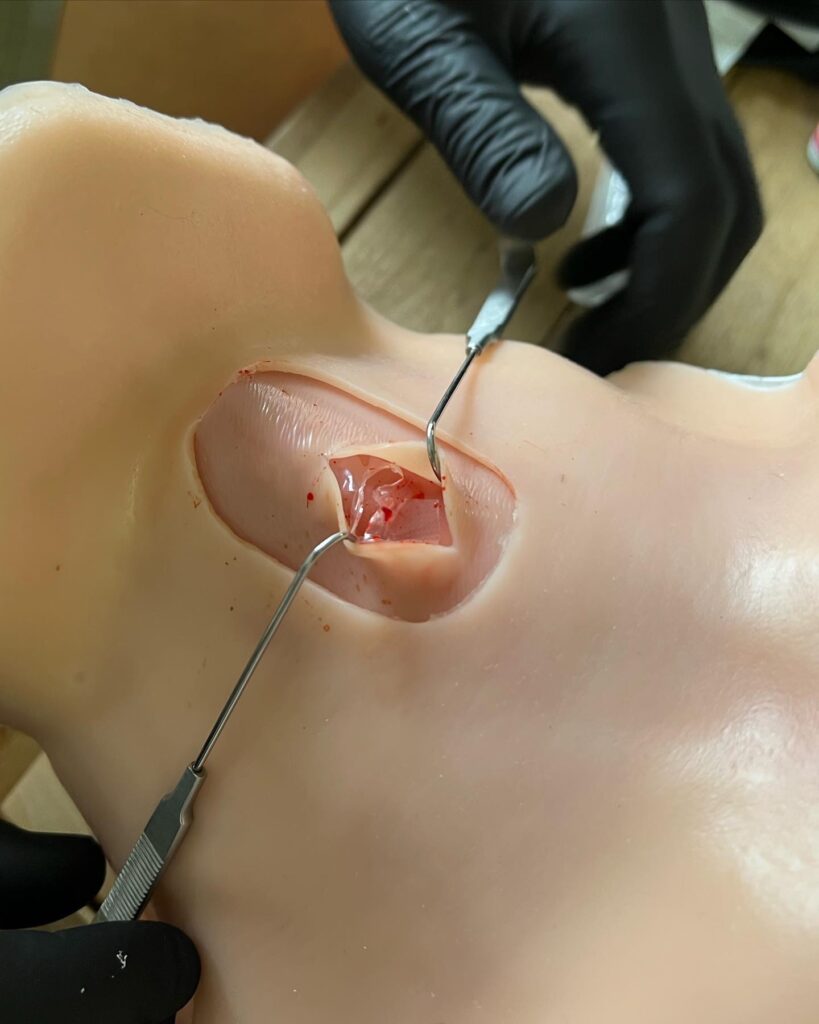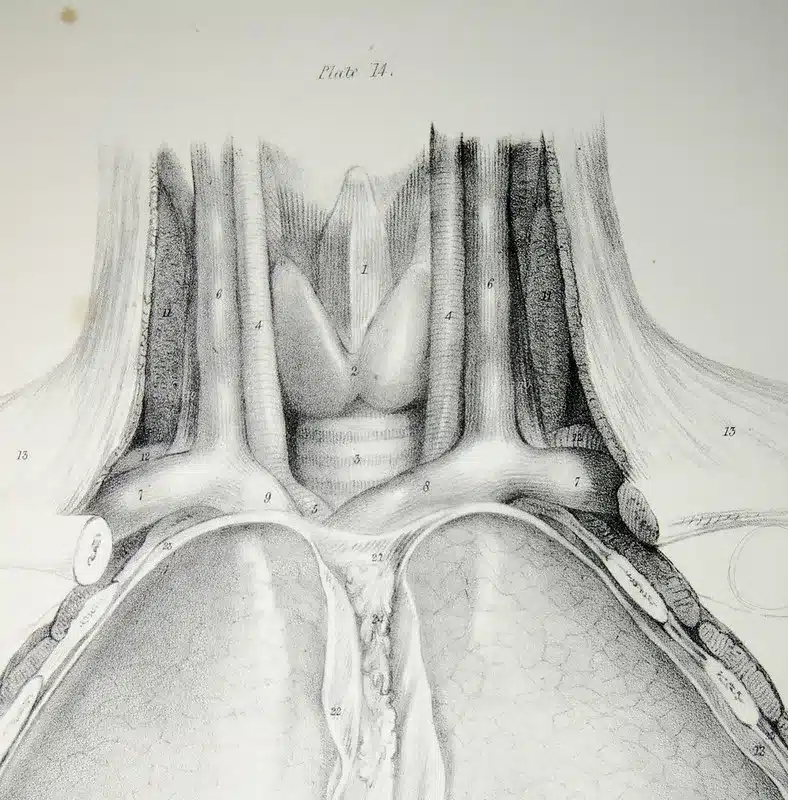The Importance of Cricothyroidotomy in Tactical Combat Casualty Care (TCCC)
Introduction
Every second counts in the high-stakes, adrenaline-fueled world of Tactical Combat Casualty Care (TCCC). Lives hang in the balance, often dependent on the rapid application of essential medical procedures. Among these life-saving interventions, cricothyroidotomy is a last resort but critical technique for airway management. This post aims to dive deep into the significance of cricothyroidotomy within the scope of TCCC, highlighting why this procedure is indispensable in combat and high-risk environments.
The Essence of TCCC
TCCC is a set of guidelines that serve as the golden standard for pre-hospital battlefield care aimed to minimize mortality rates in combat environments. Originally developed for military medics, the protocols have found applications beyond the military, extending to law enforcement and civilian first responders.
What is Cricothyroidotomy?
Cricothyroidotomy is a surgical procedure where an incision is made in the cricothyroid membrane to establish an alternative airway. Typically reserved as a last resort, it is often deployed when conventional methods like endotracheal intubation are impractical or impossible. In layman’s terms, when you can’t breathe through your mouth or nose, this procedure provides another route for oxygen.
The Imperative for Speed and Precision
The need for a quick and precise cricothyroidotomy cannot be overstated in combat scenarios. Traditional airway management methods can consume precious time, and when you’re against the clock, shortcuts are not just permissible; they are obligatory. The design of TCCC guidelines keeps these high-pressure circumstances in mind, advocating for procedures that can be rapidly and effectively employed.
Skill Mastery Through Simulated Training
For military medical personnel, rigorous training using cricothyroidotomy trainers is pivotal. These simulators replicate human anatomical features and allow repeated practice without risk to patients. Mastery of this technique is non-negotiable; there’s no room for error in a combat scenario.
Cricothyroidotomy in TCCC Protocols
Within TCCC, the cricothyroidotomy procedure falls under the “Airway” section of the MARCH algorithm (Massive hemorrhage, Airway, Respiration, Circulation, Hypothermia). A procedure of this magnitude naturally requires a robust set of guidelines. The Committee on Tactical Combat Casualty Care outlines specific situations where a cricothyroidotomy would be deemed necessary, reinforcing its importance in the larger TCCC context (Committee on Tactical Combat Casualty Care Guidelines).
Battlefield Partners and Cricothyroidotomy
At Battlefield Partners, we develop advanced CRIC trainers aligned with TCCC guidelines. Our devices, used in over ten countries, have facilitated more than 6,000 CRIC simulations, ensuring that medical professionals are well-equipped to handle life-or-death situations.
Conclusion
The role of cricothyroidotomy in TCCC is not just significant; it’s monumental. As a last resort measure to secure an airway, this procedure can literally be the difference between life and death. Understanding its place in TCCC and ensuring thorough, accurate training is paramount for anyone involved in pre-hospital emergency care in combat or high-risk scenarios.
For a comprehensive understanding of CRIC trainers and their essential role in medical simulation, be sure to read our cornerstone article: The Definitive Guide To CRIC Trainers In Medical Simulation Training: Why They’re An Indispensable Tool For Medical Professionals.
Citations:
- Committee on Tactical Combat Casualty Care Guidelines. “Tactical Combat Casualty Care Guidelines for Medical Personnel.” Journal of Special Operations Medicine, vol. 21, no. 3, 2021, pp. 120-131.
Disclaimer:
This post is not meant to serve as a comprehensive training guide for medical procedures, including cricothyroidotomy. It is essential to seek certified training and consult validated guidelines for accurate and up-to-date information.




